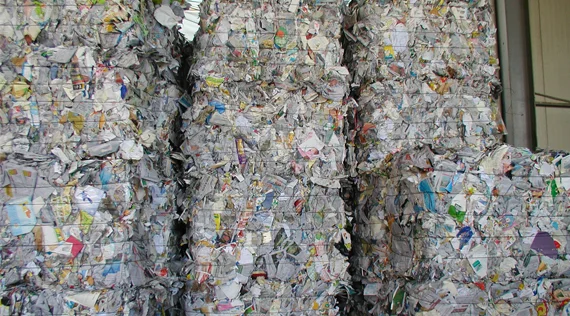
SEATTLE (Waste Advantage): Globally, waste pickers are responsible for collecting and recovering – from homes, businesses and landfills – up to 60% of all plastics which are then recycled. These workers do more than any other people to prevent plastic contaminating the environment, yet their work is rarely valued and they struggle to earn a decent living. Despite recycling the waste of others, waste pickers often lack waste collection services themselves. They suffer the consequences of pollution more than most by inhaling fumes from burning plastic and breathing air and drinking water that is heavily contaminated with microplastics. Waste pickers are also vulnerable to abuse and exploitation as a result of being women, immigrants, indigenous or belonging to ethnic minorities and oppressed castes.
Punta del Este, an affluent resort town in Uruguay, is hosting the first intergovernmental negotiations to create a legally binding treaty to end plastic pollution on land and sea. Punta normally hosts high-end tourists from Argentina and Brazil. Now, it is welcoming more than 1,000 delegates and observers from 160 nations and a range of environmental campaign groups, plastic industry representatives and waste pickers.
Waste pickers are known in Uruguay as clasificadores and can be found working in Punta’s nearest municipal landfill, a 20 minute-drive from the convention centre where the negotiations will take place. There, and in Uruguay’s capital of Montevideo, clasificadores have long carried out the lion’s share of plastics recycling. They scour landfills and bins and organise collections from homes and businesses before sorting recyclable from non-recyclable waste.
Courtesy: www.wasteadvantagemag.com
| Copper Scrap View All | |
| Alternator | 0.32 (0.01) |
| #1 Copper Bare Bright | 3.77 (0.07) |
| Aluminum Scrap View All | |
| 356 Aluminum Wheels (Clean) | 0.73 (0.02) |
| 6061 Extrusions | 0.64 (0.02) |
| Steel Scrap View All | |
| #1 Bundle | 475.00 (0) |
| #1 Busheling | 495.00 (0) |
| Electronics Scrap View All | |